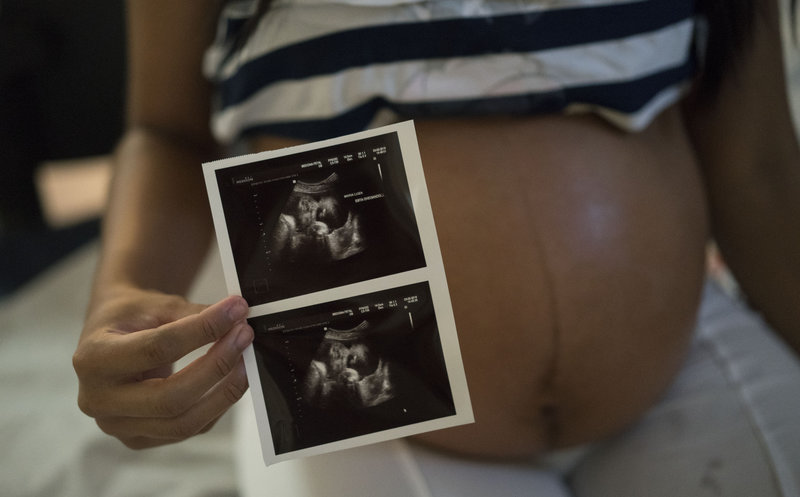WASHINGTON – Researchers are beginning a study of up to 10,000 pregnant women in Puerto Rico, Brazil and other Zika-hit parts of Latin America, to better understand the virus’ threat.

The U.S. National Institutes of Health announced the study Tuesday, saying researchers will enrol participants starting in the first trimester and compare the birth outcomes of those who become infected with Zika and those who don’t.
READ MORE: These are the tell-tale symptoms of Zika virus, according to a new case study
Zika, spread mainly by mosquitoes, causes only mild symptoms in most people. But during pregnancy, it can cause fetal death and severe birth defects.
The Zika in Infants and Pregnancy study will track a variety of birth defects, how risk may vary by trimester — and if there are additional risk factors, such as prior infection with the also-common dengue virus.
- A spoonful of olive oil a day could reduce risk of death from dementia: study
- Wegovy now in Canada: Who should (and shouldn’t) use the weight-loss drug
- N.B. woman must move to Toronto for life-saving lung transplant. She can’t afford to go
- Amid bird flu spread, Canada boosts surveillance and testing at border



Comments